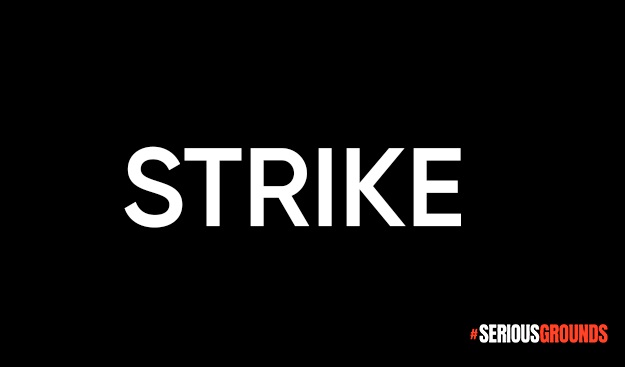Industrial Union calls 3-day strike from Feb 14
Published : 03 Feb 2024, 02:12
Updated : 08 Feb 2024, 01:43
The Industrial Union (Teollisuusliitto) on Friday announced a large-scale political strikes targeting several industrial sectors from February 14 to February 16 protesting against the cuts in employee rights and social welfare undertaken by the Kansallinen Kokoomus (National Coalition Party-NCP) led four-party alliance government.
The strike was announced on the concluding day of the 48-hour strike across the country which disrupted rail, road, air traffics and service sectors.
Trade Union for the Public and Welfare Sectors- JHL, the service sector union -PAM, the Finnish Aviation Union- IAU, the Finnish Transport Workers' Union- AKT and the Finnish Airline Pilots' Association- SLL observed the strike demanding stop of the government´s initiatives where some 300,000 employees participated.
The strikes scheduled for February 14-16 announced by The Industrial Union on Friday are intended to oppose the Orpo government’s attacks on unemployment security and job security, restrictions on the right to strike, and other measures that will harm employees’ everyday lives and rights, said the union in a press release.
According to Riku Aalto, Chairman of the Industrial Union, further industrial action is required because the government is still not showing any willingness to listen to workers.
“The Industrial Union will continue to tighten the screw through strikes. We do not accept the government demolishing the structures built to protect workers. The government’s measures have nothing to do with boosting employment. This is purely an ideology that enterprises have dictated to the government parties,” Aalto said in the press release.
At present, the Industrial Union’s main concerns are about the changes in the standards of employment conditions, supervision and employee representation caused by the local collective bargaining package.
Riku Aalto compares the local collective bargaining package with the failed taxi reform enacted by Juha Sipilä‘s government.
“The labour market changes being pushed by the government will make it impossible to address weak local agreements. In particular, there is a major risk of foreign workers undercutting the terms at the back of the collective agreements. The reform poses a genuine threat in terms of the supervision and standard of working conditions and the creation of a second labour market,” he said.
“The local collective bargaining package is like a taxi reform for the labour market. Workers will not be the only losers from this deal – it will also impact Finnish entrepreneurs who do not want to compete on poor working conditions. Shady subcontractors and companies that employ lots of foreign workers will emerge victorious from this reform,” Aalto added.
The strikes will involve around 60,000 industrial workers. When they take place, these strikes will bring a large share of Finnish industry to a standstill.
The strikes, however, will not hamper the emergency work or to work that is necessary for the protection of life and health.


